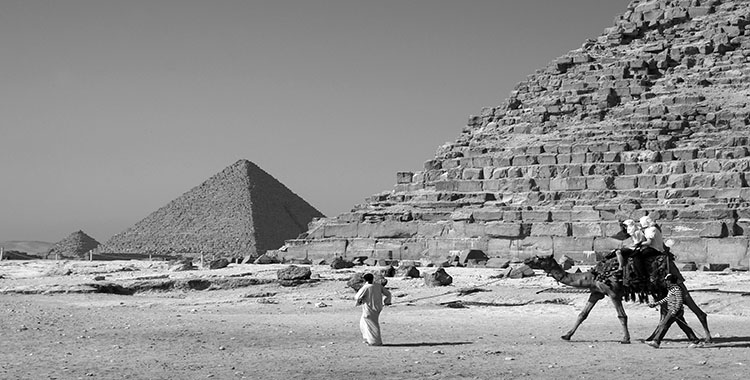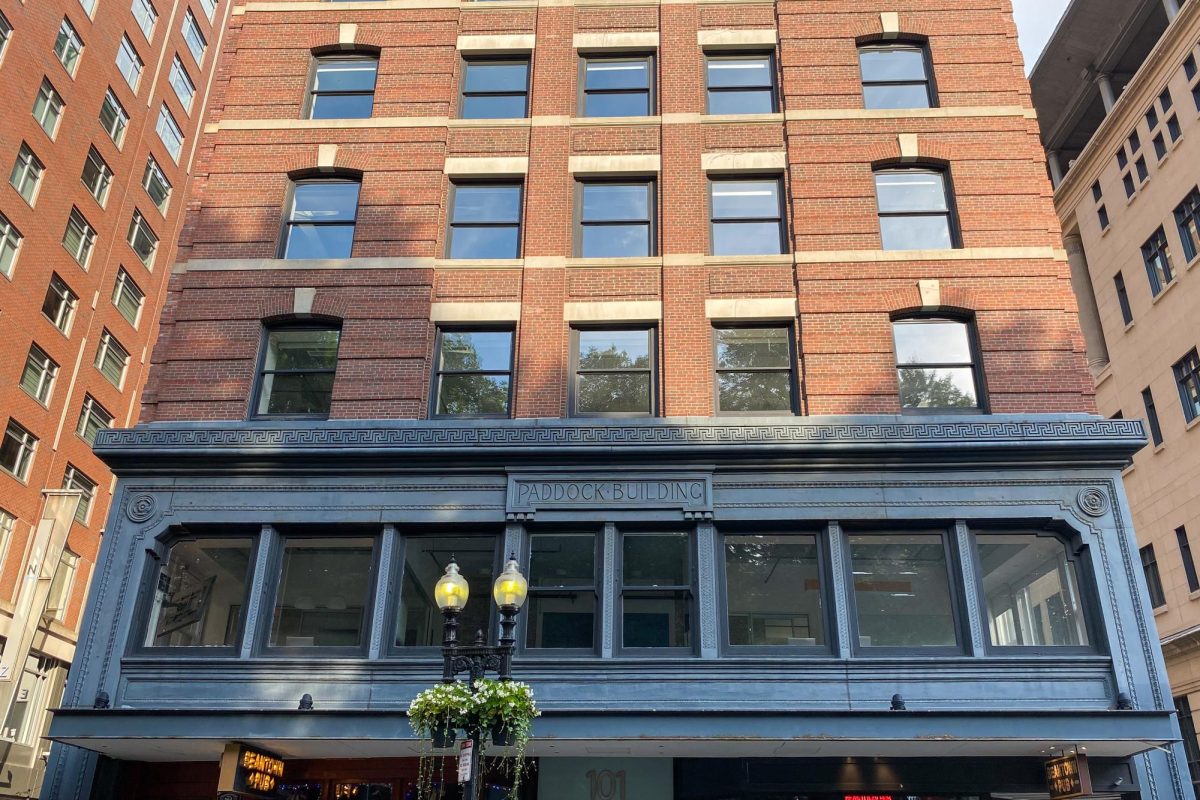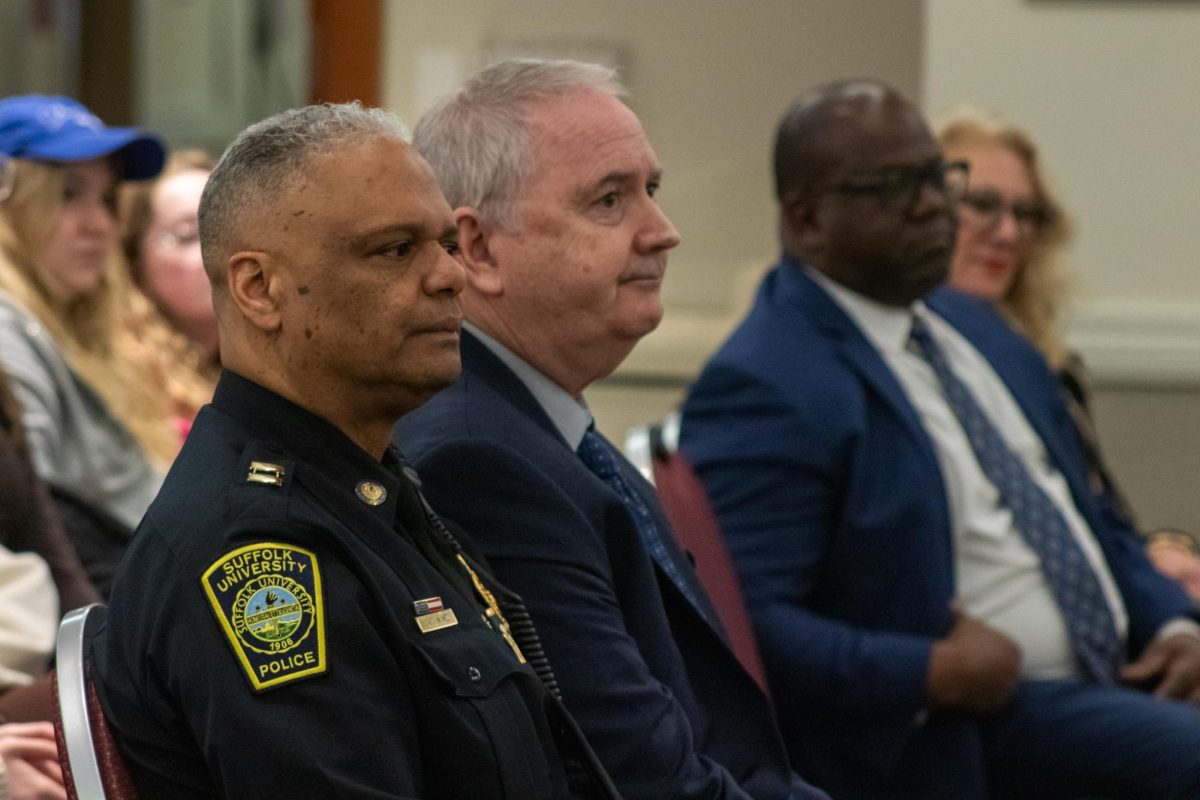Gareth Jones Journal Contributor
When the newly elected President of Egypt, Mohamed Morsi arrived in the United States on his first visit as the Egyptian head-of-state, he immediately sought an invitation to the White House, to meet with Obama. After what the New York Times diplomatically describes as a “cool reception,” Morsi eventually withdrew his request, officially citing the proximity of his visit to the looming American presidential elections as his reason.
What was left unsaid however, is a history of much more turbulent relations that Morsi’s regime has had with the US in its first few months in power. Morsi found a warmer reception with the New York Times, and sat in for a 90-minute interview last week. During the interview, he was much more straight-forward about his views on Egypt’s new relationship with the United States and how he plans to approach the situation.
As it turns out, Morsi does not plan on being a puppet. But what sort of motivations lay behind Morsi’s unfriendliness? In what was likely a response to President Obama’s admission to a television interviewer last week that he does not consider Egypt an ally, Morsi put forward a hard line. Frankly, who can blame him?
On the home front, crowds still roil outside of Western embassies, demanding anything from reprimands to blood over what would otherwise have been a relatively unknown movie insulting the Prophet Mohamed. Furthermore, the memory of Mubarak’s autocratic regime in bed with American funding and principles is still fresh in the minds of most Egyptians, only being a legitimate democracy for less-than-half a year. Morsi’s win in the elections was decisive, but at 51.7 percent to 48.2 percent, it was by no means a landslide. It seems like the only thing most people are sure about in Egypt is that they’re not happy with America. So, all things considered, Morsi’s hardline tactics with the White House is not so surprising. But is it troubling?
The US is notorious for buying its way into otherwise hostile environments, and few are more aware of this than Egypt, who came in number five on the list of foreign aid recipients in 2010. On the surface, this looks big, but consider the percentage of GDP that U.S. money makes up in Egypt, (at a surprisingly low 0.8 percent) compared to, for instance Afghanistan (a whopping 71.9 percent and number one on the list), Israel (1.3 percent and number three) or even Pakistan, who also has a dubious relationship with the US and still receives 1.3 percent of her GDP in US dollars.
Furthermore, consider that Egypt’s former government retained much of its power through wealth siphoned off from oil money and other such investments, both detrimental to Egypt’s economy. The Mubarak family is rumored to have been worth anywhere from 20 to 70 Billion dollars. Much of this wealth, or at least the sources of this wealth, is freer now than they ever were to come back into circulation within Egypt’s economy. If Morsi can run the kind of free market economy he says he will, then Egypt is looking at some fresh sources of income and foreign investment that could potentially nullify a total withdrawal of American aid.
So where does that leave things? Morsi made some demands in his interview that are very likely going to be ignored by the White House, namely regarding Palestine and blasphemy. Obama stood in front of the UN earlier this week and said in a rather impressive demonstration of American values that in no uncertain terms, the U.S. will NOT persecute blasphemy, as per the first amendment of the United States Constitution. There goes Morsi’s demand for respect towards their cultural values, for example: religion.
As far as Palestine is concerned, regardless of the US’s current relationship with Israel, nothing is likely to change in American policy towards a sovereign Palestine any time soon. So, it looks like Egypt is destined for a cold relationship with the U.S. in her first few years as a democracy, which leaves only one question unanswered: How will she do? My guess is well, and I look forward to seeing how Islamic ideology and Sharia law will be able to interact with what is arguably the Arab world’s most forward thinking country.
________________________________________________________________________
Caitlin Lezell Journal Staff
Egypt’s first democratically elected president, Mohamed Morsi, has wasted no time voicing his opinions on American foreign policy in the Middle East.
He demands that the United States bring an end to its close ties with Israel. Morsi argues that if peace is ever to come in-between the conflict between Israel and Palestine, more attention must be paid to the concept of Palestinian self-rule, as was promoted by the United States in the Camp David Accords of the 1970s. Through massive amounts of foreign aid to Israeli, Morsi acknowledges that the United States has failed to live up to its promises made at Camp David. Furthermore, he insists that the United States must also start to respect and accept the differences in the values and culture of the Arab world from the Western world, more than what was seen in the past.
If such requests are not met, Morsi is threatening to cut the ties that former Egyptian dictator Hosni Mubarak supported with the United States. He has effectively taken on the role of a spokesman for the entire Arab world. He has been quoted by the New York Times as saying, “Successive American administrations essentially purchased with American taxpayer money is the dislike, if not the hatred, of the peoples of the region.”
Formally of the Muslim Brotherhood, Morsi took office this past summer after a tumultuous revolution in Egypt which ousted Dictator Hosni Mubarak after 30 years in power. Morsi has officially left the Muslim Brotherhood but still associates with the political party.
Morsi is determined to achieve a stronger, more independent Egypt than the one that he inherited. Decades of dictatorship under Mubarak left Egyptians desperate for a change, and the chance for a change may very well be right now.
And while these can be seen as pretty bold requests for Morsi to make so early in his term, they are not exceptionally unreasonable. The conflict between Israel and Palestine has plagued this region for decades, with no end in sight. The vast amount of foreign aid being pumped into Israel by the United States is not helping.
Threats to America’s security in this region are also very real right now: just weeks ago, anti-American protests broke out in several countries, Egypt among them. Riots in Libya left American Ambassador Christopher Stevens killed. It is no secret that the United States must make some effort to strengthen foreign relations with the countries of the Middle East.
Morsi is not trying to completely alienate Egypt from the United States, but he has also made it clear that relations between these two countries are not going to be the same as they were while Mubarak was in power. Egypt is its own power, its own democracy, he says, and it is time for the United States to listen.












